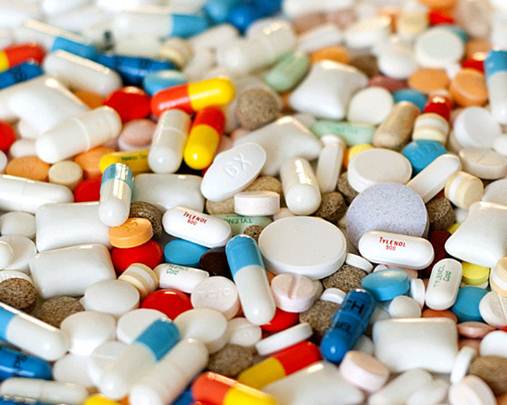“The power that made the body, heals the
body”
The placebo effect has long been considered
irrelevant and a nuisance when determining what is valuable in a treatment such
as acupuncture, a drug trial, or even surgery. Typically, placebo effects are
all viewed as something negative; as either the psychological side-effects of
an intervention, as unintended effects, as non-specific effects or even as
effects caused by a pharmacologically inert substance.

The
healing power of placebo
‘Placebo’ is Latin for ‘I shall’ and is
derived from the Latin verse of Psalm 116:6, part of the prayers offered at the
deathbed in the Middle Ages. It was customary to pay others to sing the rite,
hence ‘placebo’ emerged as a fraudulent replacement of the real.
“Dogma has been that placebo is no
treatment”, says Dr. Leuchter, a researcher looking at depression. Placebo is
not “no treatment”. In my chiropractic practice, the concept of placebo,
persons getting better by themselves, has never been an issue. In chiropractic,
“the power that made the body, heals the body” and my patients have never got
better by any other way. Science is now beginning to clarify the message that
behind the façade of what has been called placebo effects are the self-healing
capacities of the person, a fact normally neglected in mainstream medicine.
Perhaps there is a more useful definition:
Placebo response is the effect that is due to the meaning of a therapeutic
intervention for a particular patient and context. The latter acknowledges that
humans are not simply machines reacting to mechanical causes (e.g. a drug).
Rather, they are responding to signs and the meaning those signs generate in a
highly complex, often self-determined and sometimes unpredictable fashion. The
meaning given is something that is determined by the external stimuli, and the
interaction between the external environment and the internal conditions of the
person, their history, their social circumstances, their individual predilections
and their expectations.
Looking at placebo response in this new
light, it is easier to explain the individuality in therapy, explaining, for
instance, why surgery may arouse hope in one patient and induce fright in
another with completely different physiologic reactions and clinical outcomes.
By understanding the meaning response, we
also get a better understanding of how to optimize healing. Evidence points to
the fact that it is more than just what is done but how it is done and why, If
we open our eyes to healing in this light we can help ourselves, as well as
those around us, experience a greater and more complete healing. Some of the
ways to harness these optimal healing processes I have listed.

The
power that made the body, heals the body
§
Building rapport between doctor and patient.
§
Individualization in therapy: the subtle changes
and the ways they are delivered by a skilled healer allow meaning response to
be harnessed to the fullest.
§
Raising hope and alleviating anxiety in a
credible way is one of the most therapeutic acts in general.
§
A simple act, such as giving a clear diagnosis
and prognosis, actually improves the outcome.
§
If patients receive clear and positive
communications conveyed with trust, credibility, and confidence, healing is
more likely.
§
Believing that a doctor/therapist has a potent
therapeutic agent at their command may be the single most important ingredient
for producing a broad spectrum of meaning responses.
§
Should the patient respond favourably, it would
be a mistake to attribute the problems to ‘psychological problems’. The meaning
response teaches us that there is not a clear divide between the mental and
physical.
§
Therapeutic rituals might be helpful in
eliciting the meaning response. A significant portion of the effects from
modern devices used in both conventional and complementary medicine may
actually be caused by such effects. Rituals such as receiving a therapy in a
special room, before or with prayer, or having it administered by a friend.
Taken together, placebo effects, reframed
as meaning responses, can evoke powerful healing and should be cherished. The
meaning response is ubiquitous, exists and can be utilized to enhance or
interfere with healing in many healing settings. To ignore it is to risk having
random and possibly harmful effects. To understand it and use it intelligently
is to increase therapeutic benefit developing an optimal healing environment.